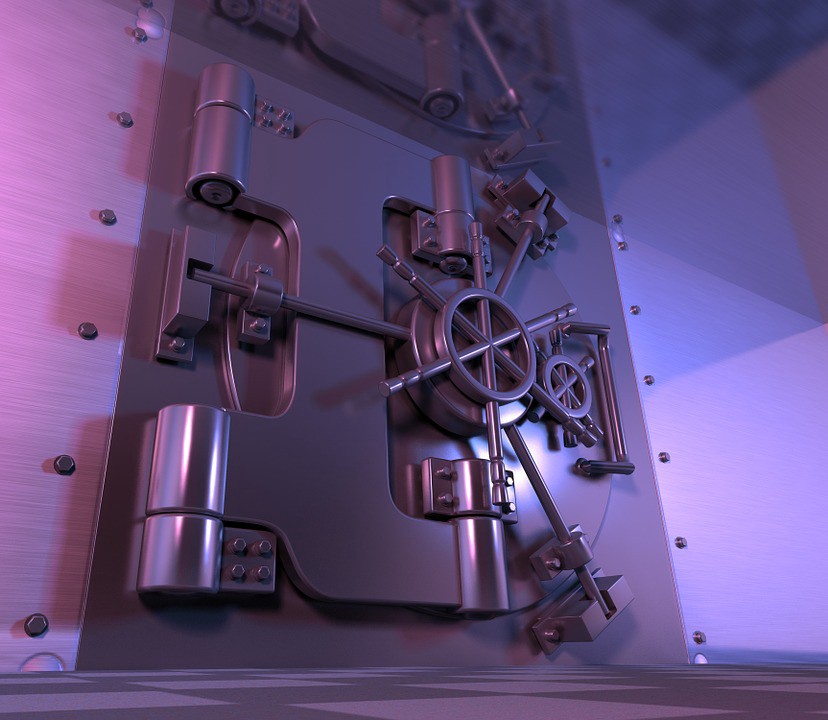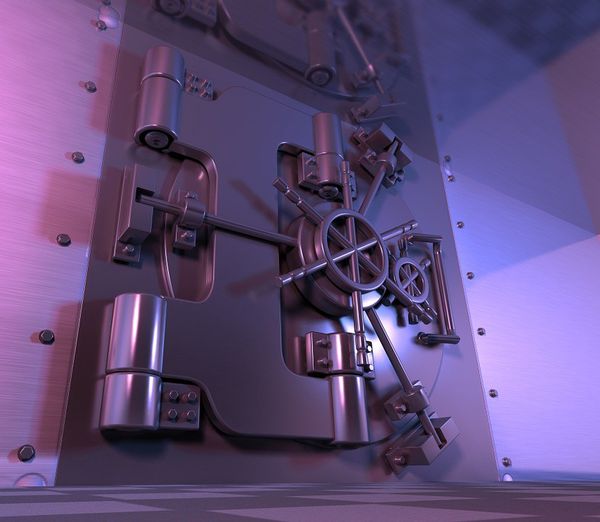
Online banking has quickly become an accepted part of daily financial life. Whereas past generations accepted queuing for service at a bank branch as the norm, it is now taken for granted that routine transactions can be carried out with click of a mouse.
However, for many users, the safety level of their accounts remains a lingering concern. Even thought the banks have spent billions collectively on advanced security measures, there are still occasiona mishaps where hackers gain access to their systems. Comprehensive consumer protection laws mean that you probably won’t lose out financially if your account is not compromised, but it certainly won’t be a pleasent experience. Here are some simple ways to keep your accounts free from trouble.
Password Strength
Even in days when PIN entry devices and sophisticated login security, choosing a strong password is still an essential if you want to keep your account safe. The ideal password should be relatively easy for you to remember, as you should never write it down, but it should be difficult for someone to else to guesss. For this reason, avoid common choices such as birthdays, family member names, favorite sport teams, or special characters in your password. And, it is advisable to treat this as mininum requirement for several of safety’s sake.
Importantly, try to use a unique password for each of your site, and you have a account for. If you get hacked on one site, it is hassle enough, but if you have the same details for a dozen of important accounts,then the damage can quickly spread.
Restrict your Access
It is a good practice to only access important sites such as your bank using your own computer or mobile device. Public computers such as those in libraries should be viewed with suspicion, and as the operators don’t always take as much care over security as they could. The same goes for accessing sensitive sites over public wifi services, which should be avoided. Wherever possible, use only your home connection, or your own smartphone’s data plan.
Virus Scans
Whichever device you use to access your accounts, keep it clear of virus and other malware as far as you can. Schedule regular sweeps of your system using reputable security software, and keep it updated so that it detect latest threats.
Be Wary of “Phising”
If you receive a e-mail purportedly from your bank asing you to log in, be very careful indeed. Don’t click straight through the login page, without checking that everything really is as it seems. “Phising” is the process of illegally trying to trick a computer user into logging in to a fake site, so that their account details can be harvested. It isn’t quite as common today as it once was still taken care. Alsom a bank will never ask for your password, or any other sensitive details by email. If at all if you are unsure, forward the suspicious mails to your bank, and ask for clarification.
Don’t Stay Logged On
Get into that habit of always logging out of your accounts when you’re done using them. Even if belive your computer to be secure, doing this only takes a second and is an important extra measure against fraud.
Stay Alert
Lastly, a major benefit of online banking is that it is so easy to use, and avaialible at all times. Use this to your own account activity on regular intervals. The sooner you spot anything suspicious, the sooner you can alert your bank, and the less inconvinence you will suffer from any foul play.
There will always an arms race between hackers and the security industry, but criminals will go easy pickings whenver possible. Take these few steps as pre-cautions to protect your accounts and ensure fraudsters look for more vunerable prey elsewhere.
 Need SEO for your website? Visit KEYSOME
Need SEO for your website? Visit KEYSOME
